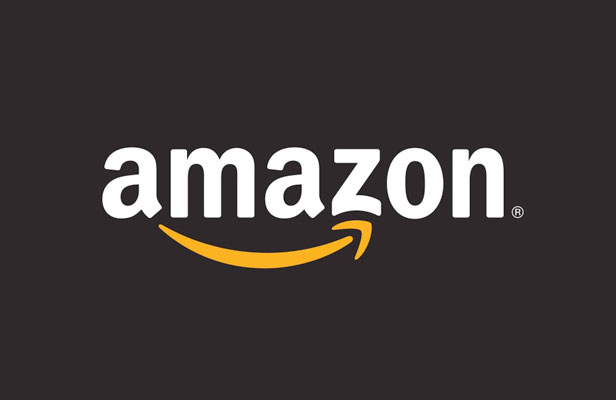February 28, 2019
New Amazon Service Uses Machine Learning To Detect Counterfeit Products
Amazon is cracking down on counterfeit products with a new automated service, powered by machine learning, that aims to catch ne’er-do-wells trying to sell knock-offs on its ecommerce platform.
On Thursday, Seattle-headquartered Amazon announced the launch of Project Zero – a nod to the e-tailer’s goal of reducing sales of counterfeits on its platform to zero. Currently an invite-only service, participating brands provide Amazon with their logos, trademarks and other important data. Amazon’s automated protections then scan its roughly five billion product listing updates every day, searching for counterfeit items.

“We’ve been testing these automated protections with a number of brands, and on average, our automated protections proactively stop 100 times more suspected counterfeit products as compared to what we reactively remove based on reports from brands,” said Dharmesh M. Mehta, Amazon’s vice president of worldwide customer trust & partner support.
As Mehta noted, the technology empowers brands to remove counterfeit listings themselves. In the past, brands had to report the fraudulence to Amazon, which would investigate and take action. But now, brands can nix the items using a self-service tool. “This provides brands with an unprecedented ability to directly control and remove listings from our store,” Mehta said. “This information also feeds into our automated protections so we can better catch potential counterfeit listings proactively in the future.”
Additionally, Amazon’s new offering includes a product serialization service. It allows Amazon to individually scan and confirm the authenticity of every one of a brand’s products that are purchased in Amazon stores. The product serialization service provides a unique code for every unit, and the brand puts these codes on its products as part of its manufacturing process.
“Every time a product using our serialization service is ordered in Amazon’s stores, we scan and verify the authenticity of the purchase,” said Mehta. “With this product serialization service, we can now detect and stop counterfeiting for every product unit before it reaches a customer.”
While Project Zero enrollment itself is free, brands that use the product serialization service will incur a cost between $0.01 and $0.05 per unit, based on volume, according to a TechCrunch report.
Brands that have been part of Project Zero beta-testing include Vera Bradley, the luggage and handbag company. “Project Zero, with its automated protections and the self-service removal of counterfeit products, is a significant development that will help ensure our customers receive authentic Vera Bradley products from Amazon,” said Mark Dely, chief legal and administrator officer at Vera Bradley.
Thunderworks, which makes products for pets, was also amped about Project Zero. “When we were offered the opportunity to enroll in Amazon Project Zero, we jumped on it,” said CEO/Founder Phil Blizzard. “Every unit we sell through Amazon has a unique, serialized barcode, and our counterfeit problem has nearly disappeared in the United States.”
Counterfeiting has become a major problem on Amazon, “largely due to the size and scale of Amazon’s third-party marketplace, which it does little to regulate,” TechCrunch reported. “Some of these items are never even touched by Amazon, but are sold and shipped by the third-party seller themselves. Others are only fulfilled by Amazon, but that doesn’t include a verification process.”
Amazon says it’s working to add more brands to Project Zero. Learn more about Project Zero and sign up to join.